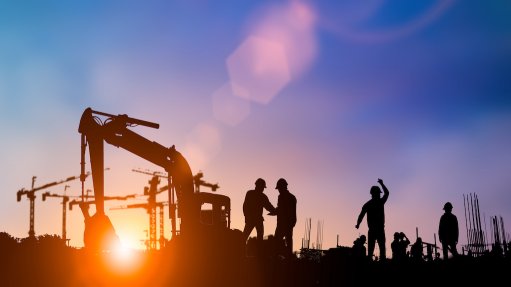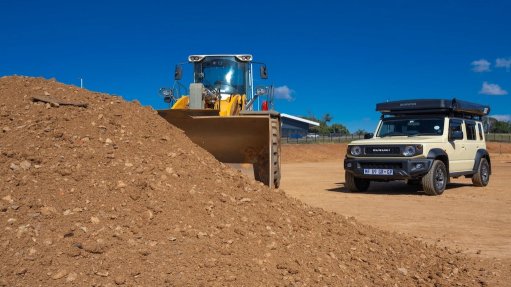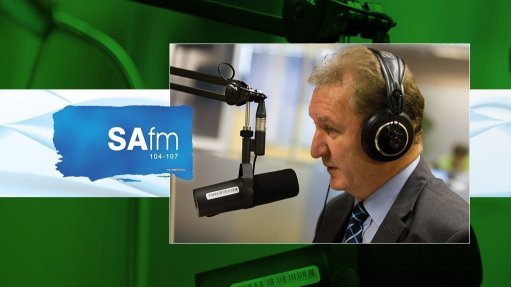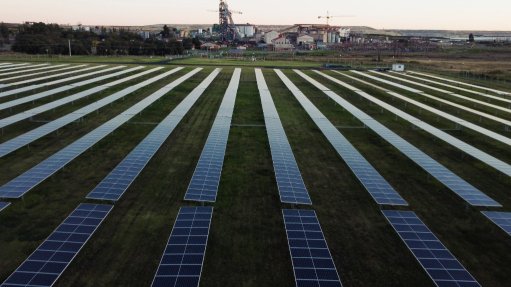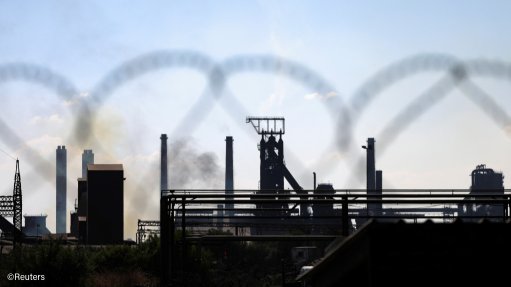IOPSA-registered plumbers help deliver safe water and sanitation

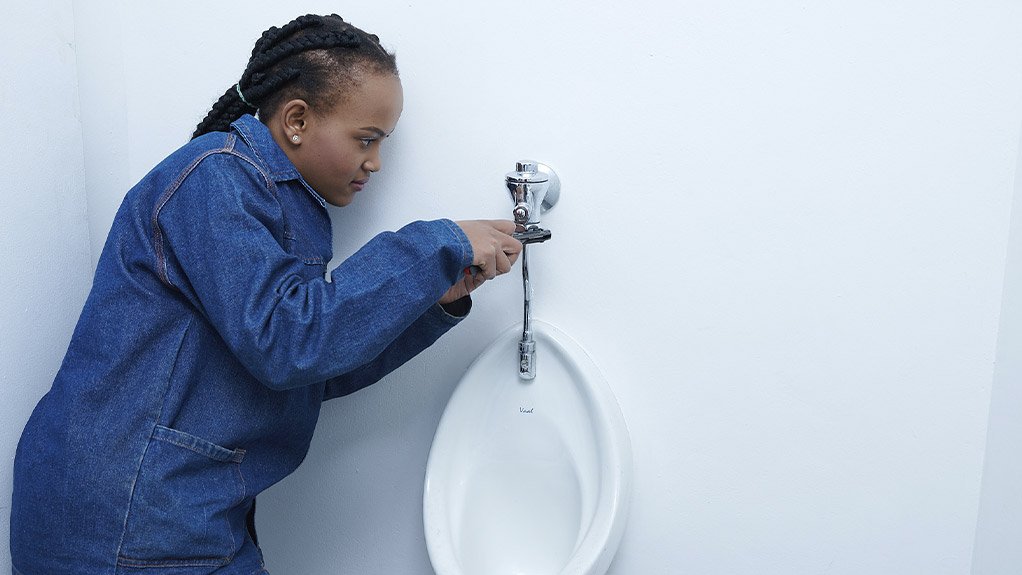
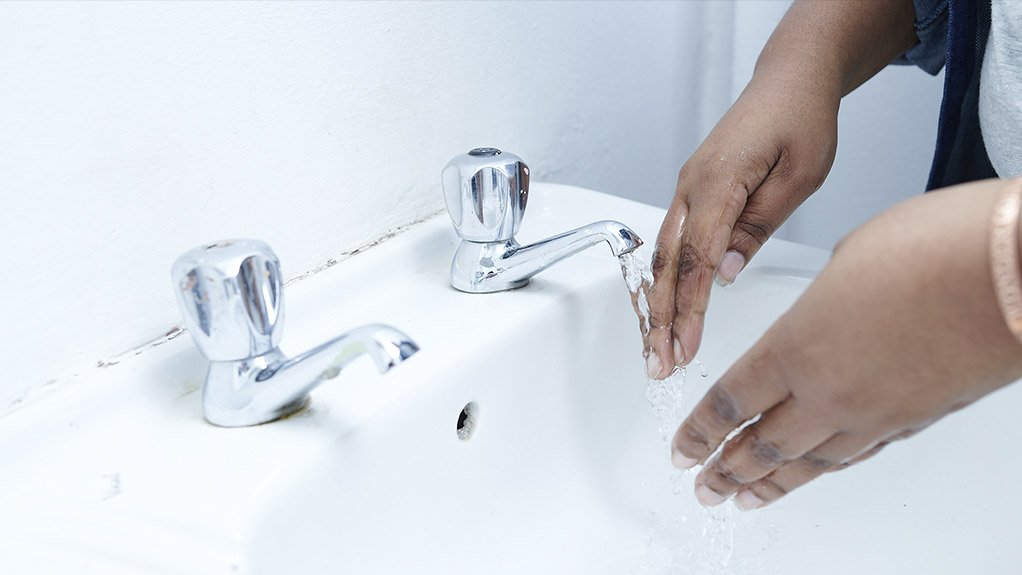
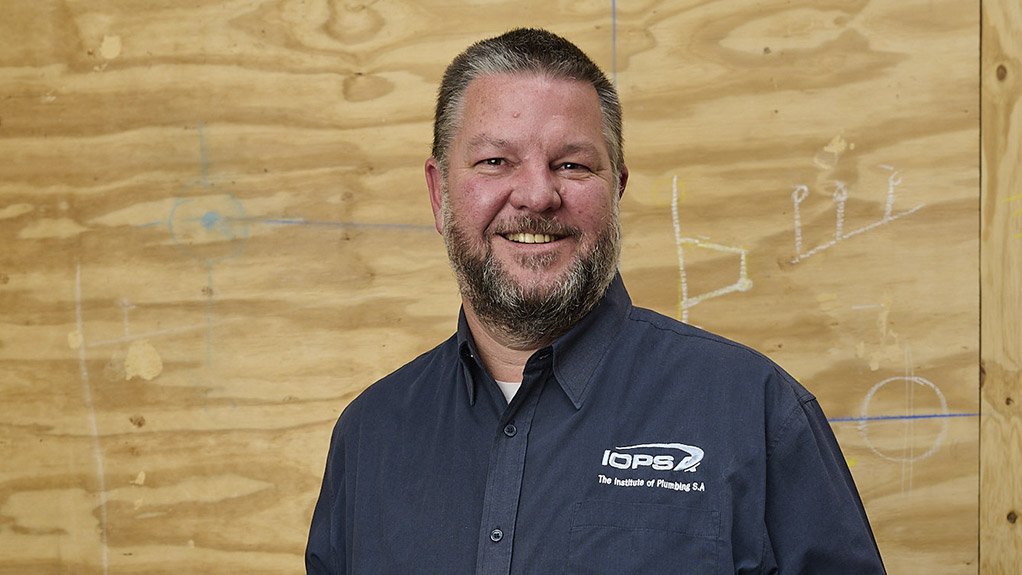
IOPSA provides quick and easy access to skilled and experienced plumbers who are registered with the Plumbing Industry Registration Board
Plumbing plays a key role in the delivery of safe drinking water
Brendan Reynolds, Executive Director of the Institute of Plumbing South Africa
This article has been supplied.
Plumbing plays a key role in the delivery of safe drinking water, as well as the handling and disposal of human and domestic wastes. Yet, there are still many homeowners and businesses that use the services of unqualified plumbers to repair and maintain existing or install new sanitary and stormwater drainage, as well as potable water systems. This is despite the many health and safety risks that are associated with substandard plumbing workmanship.
So says Brendan Reynolds, Executive Director of the Institute of Plumbing South Africa (IOPSA), the voice of the plumbing industry. IOPSA provides quick and easy access to skilled and experienced plumbers who are registered with the Plumbing Industry Registration Board (PIRB). These PIRB-registered plumbers are also regularly audited by IOPSA to ensure that they continue providing plumbing services of the highest possible quality.
“In severe circumstances, a poor plumbing installation may even result in a serious injury or death. For example, an incorrectly installed ‘geyser’ or hot water storage vessel could explode and harm occupants inside a building. A faulty installation could also cause severe burns. Bear in mind that hot water of 60°C can result in a serious scald in about five seconds – the reason many burns involving children usually occur in the bathroom. The elderly and other vulnerable people are also at risk of suffering severe whole-body burns in a shower or bath due to substandard plumbing workmanship,” Reynolds says.
A well-designed and correctly built plumbing system will also eliminate the risk of cross-connections between drinking water supplies and waste streams. This includes in public, industrial and commercial properties where factors such as dual water systems, circulating pumps and toxic wastes need to be carefully managed. Cross-connections are also a potential problem in multi-storey buildings where booster pumps are used to increase main pressure. They are also a potential risk in unique plumbing systems deployed in hospitals, as well as dental and veterinary surgeries. However, cross-connections can also present a severe health and safety threat to occupants of houses and their neighbours. When the damaging effects of cross-connection are transferred to the mains supply system to which the plumbing is connected, they pose a risk to entire communities.
Supplying services at unsustainably low rates, many unqualified plumbers will also use inferior materials to install, repair and maintain plumbing systems. Lead, cyanide, arsenic, copper, manganese and zinc can leach from these materials into potable water as it flows through the plumbing system. Consuming this contaminated water can lead to gastrointestinal discomfort and nausea and, in severe circumstances, brain damage and cancer. The use of inferior materials can also result in contaminated return flows from “geysers” or fixtures entering the water-supply system.
They may also interact with other materials used in the plumbing system. In some instances, inappropriate and poor-quality materials even facilitate microbial growth in drinking water systems. Microbes can also grow in pipes and components of systems, including washers, thermostatic mixing valves and outlets, stagnation and dead legs, when they are not maintained correctly by a competent plumber. Experienced plumbers will, therefore, also ensure that plumbing systems are always cleaned and disinfected after they have been installed, maintained and repaired so as not to contaminate drinking water.
Legionella also grows in water that has been allowed to stand for extended periods due to incorrectly configured and maintained plumbing systems. “While this is a real risk in large plumbing systems typically found in commercial and hospitality developments, as well as hospitals, Legionella can also appear in residential plumbing systems. It can grow to significant numbers in warm water, hot water heaters, hot tubs, hot water lines and fixtures, such as shower heads. Legionnaires’ disease has the same symptoms as pneumonia. They include cough, shortness of breath, fever, muscle aches and headaches,” he says.
Pseudomonas aeruginosa microorganisms also grow in piped plumbing and distribution systems and on fittings in the same way. While these microorganisms seldom cause serious illness in healthy individuals, they pose a serious health risk to vulnerable people, especially hospital patients. For example, they can colonise burn and surgical wounds, compromised respiratory tracts and eyes that have been physically damaged. Moreover, they cause skin infections in hot tubs and spas. Cleaning contact lenses with a solution that has been contaminated with Pseudomonas aeruginosa can cause a type of keratitis.
“IOPSA continues to work closely with all relevant stakeholders in the public and private sectors to raise standards in the plumbing industry. IOPSA-registered plumbers are trained to design, install and maintain plumbing systems that provide a safe water supply and adequate drainage system. This is in addition to sufficient and appropriate fixtures, as well as equipment that do not contaminate water,” Reynolds concludes.
Comments
Press Office
Announcements
What's On
Subscribe to improve your user experience...
Option 1 (equivalent of R125 a month):
Receive a weekly copy of Creamer Media's Engineering News & Mining Weekly magazine
(print copy for those in South Africa and e-magazine for those outside of South Africa)
Receive daily email newsletters
Access to full search results
Access archive of magazine back copies
Access to Projects in Progress
Access to ONE Research Report of your choice in PDF format
Option 2 (equivalent of R375 a month):
All benefits from Option 1
PLUS
Access to Creamer Media's Research Channel Africa for ALL Research Reports, in PDF format, on various industrial and mining sectors
including Electricity; Water; Energy Transition; Hydrogen; Roads, Rail and Ports; Coal; Gold; Platinum; Battery Metals; etc.
Already a subscriber?
Forgotten your password?
Receive weekly copy of Creamer Media's Engineering News & Mining Weekly magazine (print copy for those in South Africa and e-magazine for those outside of South Africa)
➕
Recieve daily email newsletters
➕
Access to full search results
➕
Access archive of magazine back copies
➕
Access to Projects in Progress
➕
Access to ONE Research Report of your choice in PDF format
RESEARCH CHANNEL AFRICA
R4500 (equivalent of R375 a month)
SUBSCRIBEAll benefits from Option 1
➕
Access to Creamer Media's Research Channel Africa for ALL Research Reports on various industrial and mining sectors, in PDF format, including on:
Electricity
➕
Water
➕
Energy Transition
➕
Hydrogen
➕
Roads, Rail and Ports
➕
Coal
➕
Gold
➕
Platinum
➕
Battery Metals
➕
etc.
Receive all benefits from Option 1 or Option 2 delivered to numerous people at your company
➕
Multiple User names and Passwords for simultaneous log-ins
➕
Intranet integration access to all in your organisation









